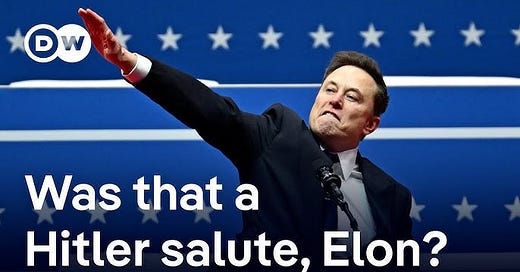T.S. Eliot wrote a remarkable essay in 1937 on the topic of “Revelation.” It served as an introduction to a book of essays by the same name, all written by world renowned theologians. There’s so much to commend in this essay. I actually did a podcast about in 2017 with my friend and colleague Bill Borror. I might spend some time writing about it in the future, but right now I simply want to focus on a footnote at the end of the essay.
At the end of the essay Eliot is criticizing would be defenders of the Christian faith that approach their task by presenting Christianity as merely a “preferable alternative” to secular philosophy. This sort of apologetic tends to “proceed from part to part of the body of Christian belief, testing each by itself according to secular standards of credibility,” in the end trying to accommodate the contents of the Christian revelation, making it appealing to religion’s cultured despisers. Eliot sees this as futile because it fails to take seriously the chasm between the “Christian mind” and the “secular habits of thought and feeling” which dominate the mindset of believer and nonbeliever alike. In this context we find the following footnote:
For instance, the doctrine of the damnation of unbaptized infants has been commonly rejected in recent times, simply because it is repugnant. But the development of the state of mind to which this doctrine is repugnant must itself be examined before we can accept it with confidence, and the question of the repugnance of a doctrine is not the same as that of it’s truth. This is perhaps the extreme case, but it is obviously very dangerous to rely on a sentiment of recent growth, especially when the higher religious emotions have certainly tended to atrophy or occlusion.
Eliot doesn’t deny the repugnancy of the doctrine of infant damnation. But he is more interested in the state of mind that finds the doctrine so repugnant. He wants to interrogate the presuppositions of a mind that might not be capable to render judgments because of its formation. Eliot chooses this example carefully. He means for it to be extreme. He admits it. His point is that our contemptuous reaction to an idea doesn’t tell much about the idea’s veracity.
Eliot is worth considering in an a culture where so many of us seem unable to offer opinions, render judgments, or engage in discourse without being utterly contemptuous. But our contempt for an idea or the one expressing it doesn’t make the idea true or false. And it seldom makes us more moral either. It does sometimes make us feel more moral, especially by comparison.
Eliot also remarked somewhere that there’s no such thing as a false theory. Every theory is true he thought from some context, no matter how small or limited. He went on to say that schizophrenia is then not so much a mental illness as a legitimate philosophical position. Eliot is certainly being a little hyperbolic here, but his point is sound. People subscribe to ideas because the ideas in question are doing some work. Whether the ideas themselves are ultimately true, they are doing important work for the one that holds them. In some way they help the person make sense of the world. They make it easier for them to make their way in the world. Theories, ideas, commitments, these things have incredible purchase power. These things do important work for people, even if we find the notions in question repugnant or offensive. Nothing clouds our ability to see what functionality another’s ideas have, even if they seem repugnant at first glance, than contempt. If we can’t see that how can we understand what’s going on with our offensive interlocutor, let allowed be persuasive as we engage them? Writing them off as racists, nativists, Marxists, or woke Karens seldom leads to understanding.
Which brings me to Elon Musk’s recent salute. Honestly it looked like a Nazi salute to me. I can’t pretend to know what was in his head at the moment, but his attempt to clear it up with humor didn’t help. Is Elon Musk a Nazi? Probably not. Is he funding a far right German party that scares hell out of a lot of Jews? He sure is. Are their concerns about Islamic extremism in Germany that are helping fuel the appeal of the AfD? There sure are. Can Europe deal with Islamic extremism without coddling up to far right antisemitic nationalists? What do Musks comments and support for the AfD mean for our current national political conversation? Why do Trump’s supporters seem so quick to defend Musk on some of this stuff? I don’t know all the answers to these questions and others the salute raised for me. But I know that my contemptuous reaction to repugnance isn’t going to clear much up for me.





